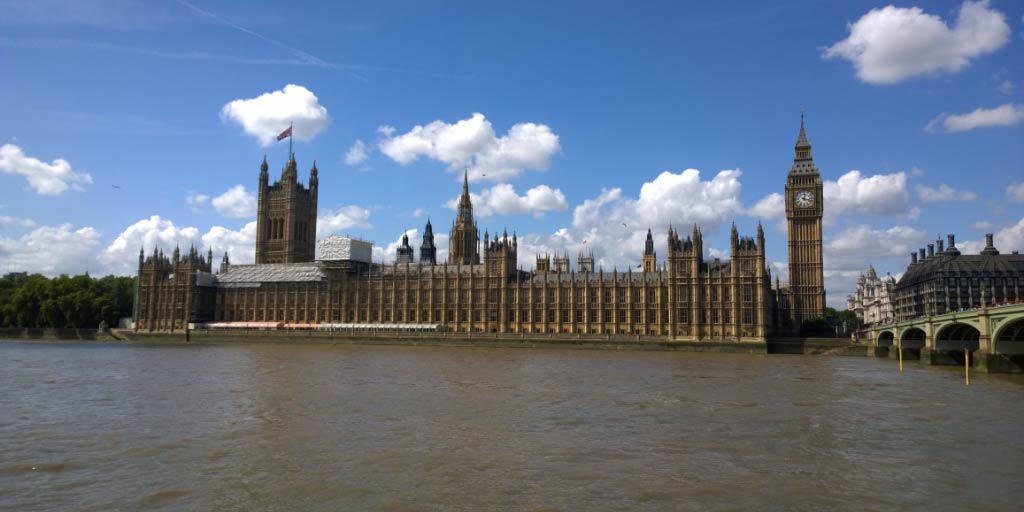
Categories: government and politics | government and politics prs | Renters Rights Bill
government and politicsAfter a long journey through the Houses of Parliament, Renters’ Rights Bill has officially entered law. It is now known as the Renters’ Rights Act.
Having been voted through by MPs on 22nd October, the Bill was signed by King Charles III only a few days later on 27th.
During an interview on Radio 4’s Today programme, housing minister Steve Reed confirmed that a timetable of when the Act’s policies will be implemented would soon be published.
Policies in the Act
Every policy written in the Act is now formalised in English law. However, it is unlikely that every policy will be immediately enforceable, due to the logistics involved.
An example of a policy with a longer expected timeframe for enforcement is the landlord database, which does not yet have any technical infrastructure in place. It is currently unclear which arm of the government will be tasked with working on this project.
Meanwhile, Awaab’s Law, relating to hazards and health and safety in homes, entered the first phase of legally binding requirements the same day the Renters’ Rights Act was granted Royal Assent, but only for the social housing sector. Its extension into the private rental sector (PRS) is expected to happen sometime later.
Section 21
The most significant policy for private landlords is Section 21. The Act abolishes the ‘no-fault’ eviction process, and will mean that the eviction process will now be largely conducted through the courts.
In terms of the practicalities, it is expected to be removed from the eviction process in two main stages:
1) New tenancies will be periodic from the start and it will not be possible to issue a Section 21 eviction on these tenancies, the Section 8 court process will be the route to take.
2) Existing tenancies will become subject to the ban on Section 21 evictions later, when all tenancy agreements will automatically become periodic.
Uncompromising
The Renters’ Rights Bill has been a source of anxiety for many private landlords due to the momentous impact it will have on the PRS.
Not everything that was proposed in the Bill when Labour first came into power still applies. Several rounds of debates have refined the Bill, leading to the removal of some policies and the expansion of others, based on MPs’ feedback.
Many landlords hoped that some form of compromise would be reached for the topic of pet cover. Labour pushed for a policy that would remove landlords’ right to request pet insurance from tenants, but this faced significant scrutiny, especially in the House of Lords.
Peers in the House of Lords proposed an alternative solution in the form of a pet deposit scheme, which would instead allow landlords to ask for a fee, based on the property’s monthly rent, to cover any potential damages caused by tenants’ pets.
However, this too was eventually shot down by Labour MPs in the House of Commons. As it stands, the Renters’ Rights Act offers landlords no pet-specific protections against property damage caused by them.
Industry response
Ben Beadle from the National Residential Landlords Association (NRLA) has commented on this “milestone” moment for the PRS:
After years of debate and uncertainty, today marks an important milestone for the private rented sector. With the Renters’ Rights Act on the statute book, the sector needs certainty about the way forward.
This is the most significant shake-up of the rental market in almost 40 years, and it is imperative that the new systems work for both tenants and responsible landlords. The NRLA stands ready to work with the Government to ensure the reforms are implemented in a way that is fair, proportionate and deliverable.
The Government now needs to engage meaningfully with those providing the homes so desperately needed, to ensure implementation of the Bill is realistic and aligns with the practicalities of the market – not least the need for clarity well in advance of the next academic year for student housing.
At a minimum, the sector needs six months’ notice before implementation to ensure a smooth and seamless transition, and the Government must provide certainty on this as soon as possible.
The Government must also recognise the vital importance of a thriving private rented sector not only to meet tenant demand but to the national economy. It is essential that the Government’s reforms do not worsen the supply crisis by discouraging long-term investment in the homes to rent that so many rely on.
As the changes bed in, the Government should commit to ongoing monitoring of their impact and ensure its findings are published.
Although the Renters’ Rights Act has finally reached Royal Assent, this is only the beginning in terms of its effect on the PRS. We will keep you updated on what happens next.
